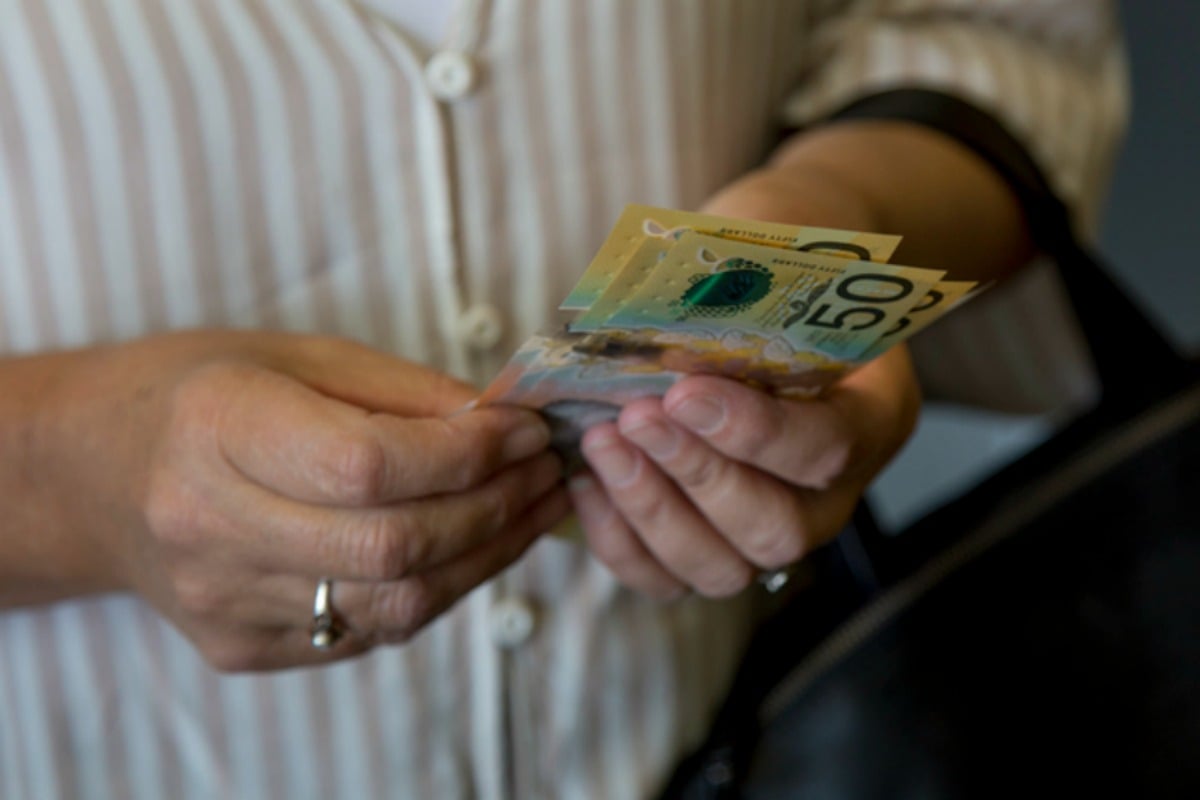
Late last year, I knew something had to change. At 42, I had a great job in marketing and a glamorous lifestyle as a single woman in Sydney.
But behind it all, I was in credit card debt, had no assets beyond a sporty little car, and was worried about ending up penniless in retirement.
It felt overwhelming though. I felt stuck, and didn’t know how to get unstuck.
Watch: Simple Budgeting with a Banana. Post continues below.
My sister had seen a financial adviser a few years back and recommended I do the same.
I’ll be honest – I was hesitant.
First of all, I thought they were for rich people with cars and houses. Secondly, I thought it would be some glorified salesman selling me risky investments.
And deeper than that, I was afraid to draw back the curtain on my financial situation. I was nervous about being judged for the choices I’d made.
Originally from New Zealand, I’d lived a jet setting life in the UK, Middle East and now Australia. I hadn’t wanted to own a home because I didn’t want to be tied down.
Top Comments
We get people window shopping, just sitting with us for an hour and seeing if we click. Some do, some don't. No hard feelings.
(Some people just want to talk figures, either because that's all they care about or that's how their mind works. There is certainly no issue with that if that works for you)